Israel vs. Palestine
Israel vs. Palestine: How it happened, what’s happening now, and why you should care.
If you’ve picked up a paper or turned on the news in the past five days, you’ve seen coverage of the recently renewed violence between Israel and Palestine. Israeli military claims 544 rockets fired from Gaza have hit Israel since Wednesday, while Palestinians report that Israeli retaliation has devastated cities in the Gaza Strip, killing hundreds. With the death toll mounting and violence escalating, both sides are preparing for a ground war as Israel mobilizes its troops.
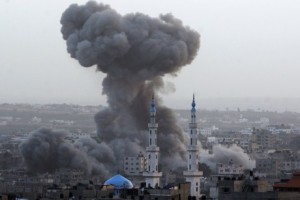 But, wait. What is a Gaza Strip? Why are they still fighitng? Which side is right? Why can’t they stop killing each other?
But, wait. What is a Gaza Strip? Why are they still fighitng? Which side is right? Why can’t they stop killing each other?
Most importantly, you’ve probably asked yourself, “Why should I care?”
To answer these questions, I dove into network databases, historical references, and (gasp!) encyclopedias, and have emerged…well, you’ll see.
In short – Because it matters.
In fact – It’s complicated.
So whether you consider yourself a Middle-East scholar or a naïve isolationist, here’s what you should know about the story between Israel and Palestine. How it happened, what’s happening now, and why it matters.
How It Happened
Since the dawn of human migration (yes, that long ago), the region now known as Israel has been one of the most significant areas in human history. Located at the center of routes linking three continents, the locale formally known as Palestine historically served as a meeting place between Egypt, Mesopotamia, and Asia. As such, it was and has been a location teeming with migratory people of various faiths.
Which leads us to our first major point. This is a religious conflict. Due to the tendency of ancient religious peoples to straight-up murder anyone who believed otherwise, Palestine was as rife with conflicting factions as it was with religious significance. Most of this conflict focused around one centerpiece — Jerusalem.
Since its settlement in the 4th millennium BCE, Jerusalem has been destroyed twice, besieged 23 times, attacked 52 times, and captured 44 times. To Hebrews, the capital city of Jerusalem matters because it was established by King David, effectively making it the holy city of Judaism. To Muslims, Jerusalem was the first focal point for prayer and where Muhammad made his Night Journey. To Christians, Jesus was crucified in Jerusalem. Clearly, its holiness knows few bounds.
Needless to say, this area has been traded over, fought over, and died over again and again to establish the dominance of one people over others. But at the end of the 19th century, the seeds of the current struggle were sewn.
As any history major will tell you, the latter half of the 1800s marked the rise of European nationalism, and with it, intensified anti-Semitism. By the beginning of the 20th century, many European Jews decided to flee to Jerusalem, the only other place they could call home. By 1940, millions of Jewish people had immigrated to the region of Palestine, causing rising tensions between Arabs and Hebrews. After all, both groups have historically occupied the area, and both consider it their rightful home.
After Hitler showed us all the most extreme case of anti-Semitism in recent history via the Holocaust, worldwide sympathy led the British, who ruled the area at the time, to turn the Jews vs. Muslims issue over to the newly formed United Nations. Yet instead of devising a plan for peace, the UN chose a more polarizing option, leading to the second major point of this story. The UN decided to separate the region into two different nations. For the Arabs, it was Palestine. For the Jews, it was Israel.
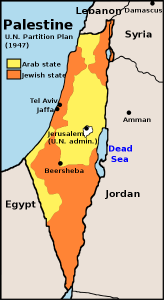 This caused the Middle-East to, almost literally, explode. Surrounding Arabian nations were outraged at this mandatory split, and a year later, sent five different armies into Israel to aid enraged Palestinians. However, they were defeated by Israeli Defense Forces, leading Israel to retaliate and expand its agreed upon territory. As a result, Jordan adopted the West Bank to aid Palestine, and Egypt the eastern region known as the Gaza Strip. In the time since, both Israeli and Palestinian forces have committed terrorism and multiple war crimes against each other. Years later, the Six-Day War broke out, in which Israel took on Egypt, Jordan, and Syria. Israel emerged the victor, and Palestinian territory decreased yet again.
This caused the Middle-East to, almost literally, explode. Surrounding Arabian nations were outraged at this mandatory split, and a year later, sent five different armies into Israel to aid enraged Palestinians. However, they were defeated by Israeli Defense Forces, leading Israel to retaliate and expand its agreed upon territory. As a result, Jordan adopted the West Bank to aid Palestine, and Egypt the eastern region known as the Gaza Strip. In the time since, both Israeli and Palestinian forces have committed terrorism and multiple war crimes against each other. Years later, the Six-Day War broke out, in which Israel took on Egypt, Jordan, and Syria. Israel emerged the victor, and Palestinian territory decreased yet again.
Since then, the Israel-Palestinian struggle has become the forefront for an Arab-Western World conflict. Israel is supported by the international community because it was created by the UN, and as such, it is treated as a sovereign state. Palestine, on the other hand, is a bit more complicated.
While the majority of Palestine was governed by the Palestine Liberation Organization and Fatah, the major political party, other political factions began emerging to deal with the Israeli threat in more extreme ways. In 1987, Hamas was formed, our third major point.
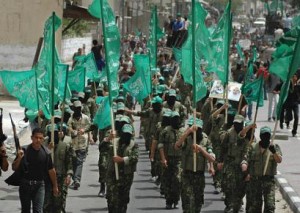 What is Hamas? Hamas is a Palestinian organization founded on jihad, or “holy war.” As you can imagine, a political organization founded on the principles of Islamic jihad are not necessarily welcomed with open arms into the international community, and in the mid 1990s, Hamas began carrying out suicide bombings on civilian and military targets. However, Hamas also operates schools, hospitals, religious institutions, soup kitchens, social welfare programs, and orphanages in Gaza and the West Bank. In 2006, Hamas won majority rule in Palestine’s parliament, and as I said before, it starts to get complicated.
What is Hamas? Hamas is a Palestinian organization founded on jihad, or “holy war.” As you can imagine, a political organization founded on the principles of Islamic jihad are not necessarily welcomed with open arms into the international community, and in the mid 1990s, Hamas began carrying out suicide bombings on civilian and military targets. However, Hamas also operates schools, hospitals, religious institutions, soup kitchens, social welfare programs, and orphanages in Gaza and the West Bank. In 2006, Hamas won majority rule in Palestine’s parliament, and as I said before, it starts to get complicated.
What’s Happening Now?
Okay. Whew. Still with me? Or, more accurately, did you skip most of that? It’s alright, you’re here now.
Today, Israel and Palestine find themselves in yet another major conflict. Hamas fired hundreds of missiles into Israel last week, and Israel bombarded the Gaza Strip in response. Due to Hamas’ integration into social and educational programs, its military is dispersed throughout the living places of Palestinian people. So when Israel retaliated by firing rockets at Hamas’ military targets, the explosions also hit schools, hospitals, and houses. To some, this is Israel murdering civilians to exert militaristic dominance over Hamas and Palestinians. To others, this is Hamas using civilians as human shields.
The Palestinian View.
To Palestinians, Israel and its people are the ultimate bullies. Here’s why.
- To Palestinians, Israel doesn’t deserve to be there. It was created by foreigners for the Jewish people, taking the land away from Palestinians.
- Israel has assassinated multiple Palestinian officials.
- Israel has much greater military might and weapon technology, and they use it without hesitation.
- Palestinians had to make room for Jewish immigrants, who then adopted the land their own.
- Extremist view: Israel must be destroyed.
The Israeli View.
To Israelis, Palestine has become a harbor for Islamic extremism and terrorism. Here’s why.
- To Israelis, they always deserved to be there (see How It Happened), and the creation of Israel was legitimate.
- Since its creation, Israel has been attacked by Arab states seeking to eliminate it.
- These attacks justified military expansion, and Gaza and the West Bank regions are constantly a threat.
- Palestine has used guerrilla tactics and terrorism to internationally murder Israelis.
- Extremist view: Palestinian opposition must be destroyed at all costs.
Why It Matters
In the larger spectrum of things, this seems to be yet another example of people killing people in an endlessly bloody region, the same story told throughout the millennia. But the difference is not in the action — it is in the collective reaction.
We live in a time dominated by international agenda. What is said and done half a world away has worldwide repercussions. The United States has a strong allegiance with Israel, but the Middle-Eastern community has alliance with Palestine. Most notable of these is Iran.
Iran and Hamas have one major thing in common — they both want to destroy Israel. Hamas gets most of its weapons from Iran, and in return, does most of the Israeli killing. Vice versa with the United States and Israel.
The Middle Eastern melting pot is boiling close to a worst case scenario, bubbling down to these ingredients: religious extremism, aggressive retaliation, incendiary rhetoric, and international response.
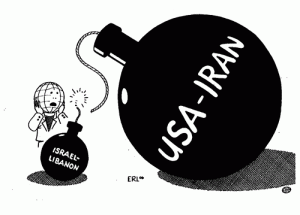 In recent months, Israel and Iran have upped the rhetorical ante that leads to war. Both sides warn the other that one wrong move will be their last, raising tension between supporters of each state.
In recent months, Israel and Iran have upped the rhetorical ante that leads to war. Both sides warn the other that one wrong move will be their last, raising tension between supporters of each state.
This matters because Israel mobilized its army yesterday, and is prepping for a ground assault on the Gaza Strip. If they do, it could be the spark needed to light a potentially nuclear fire. All it takes is an Iranian reaction. First, supporters will pledge aid to each side. Then weapons. Then troops.
The international truces, alliances, and pledges to nations and their allies are forged for peace, but could lead us to war. The same powder-keg almost went off in Korea a few years ago when the North fired missiles on the South. Miraculously, the issue was quickly negotiated and tapered down. If war broke out, the United States would have come to the aid of South Korea, and China to the North, each seeking to blast the other out of existence.
Ironically, Israel vs. Palestine is an even more volatile situation because of how each views the afterlife. Add religion, a bloody history, and botched politics to the pot, and you’ve got something close to violent insanity. We’re only a few months past this years’ Arab Spring, which saw violence and revolution break out all over the Middle East, causing worldwide instability. Now, Israel and Hamas are firing rockets back and forth, killing hundreds and further enraging people in a region of historically vengeful heritage.
Now you’re caught up. Both sides have occupied the area since the beginning of man. Both sides have strong religious ties. Both sides have killed. Both sides have had casualties. Both sides want peace. Which makes this conflict all the more confounding.
Hopefully this was enough to point your Israeli/Palestinian efficacy in the right direction. I’ve tried to be as objective as possible, and as such, it is important to remember a few things. First, it is not religion that causes violence, it is man. Second, there is no morally right or wrong party. Both have committed acts of violence, delivered compelling arguments, and blamed the other for all the wrongdoings. Third, the actions of the few do not reflect the will of the many. It is easy to generalize the Palestinian people under the cloak of Hamas, or the Israelis by the actions of their military. Remember, we’re dealing with people who bare the extreme cost of their leaders actions.
Have an opinion on Israel vs. Palestine? Leave a comment bellow or on our facebook page at http://www.facebook.com/PorchDrinkingdotcom?fref=ts
Tired of being depressed by all this seriousness? Read ANY of our other articles. Don’t worry, we’re funny. I promise.
-
This is really good and helpful, thanks for posting!
-
Brilliantly written. So lucid, yet so very effective.


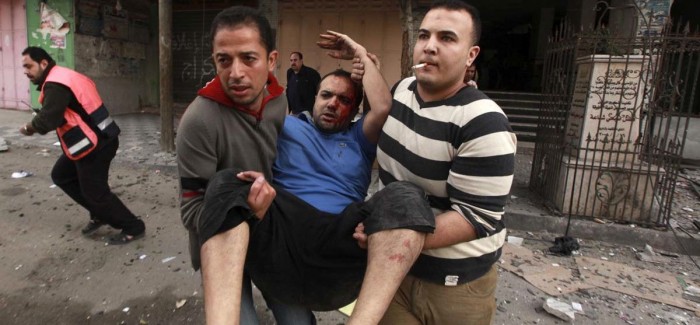
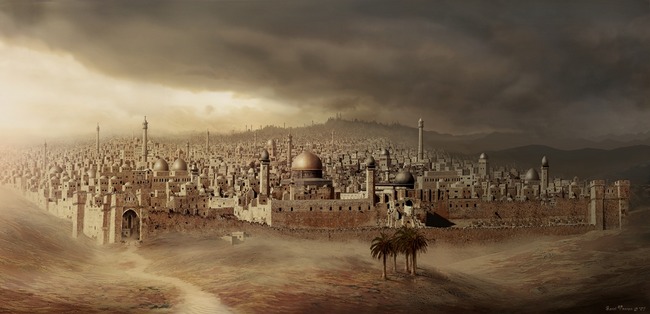

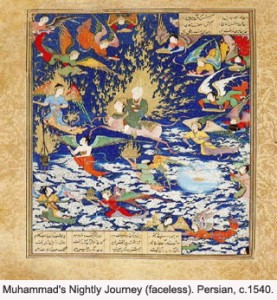
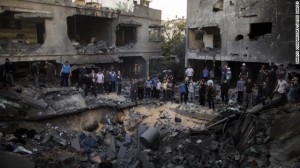
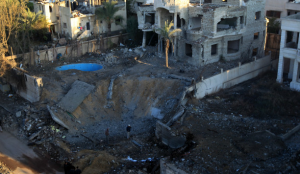
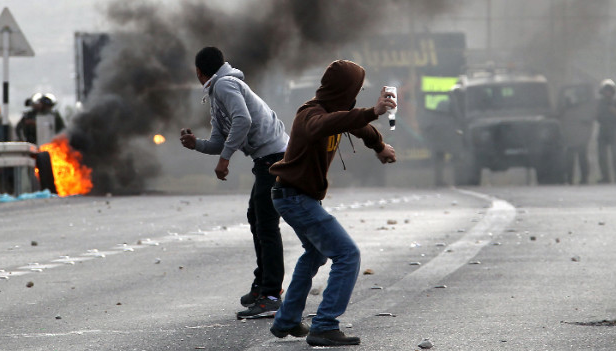
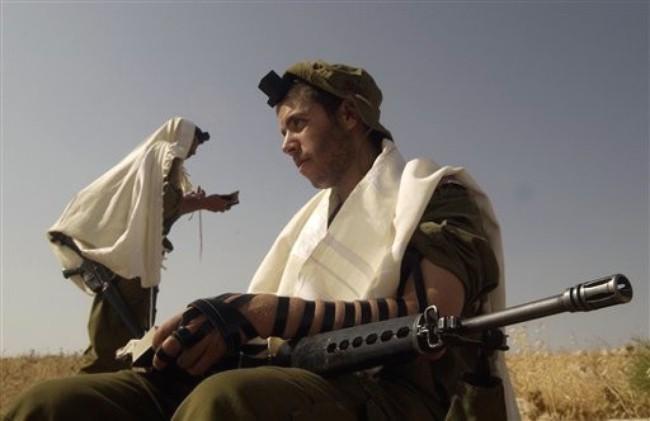
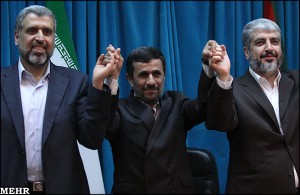
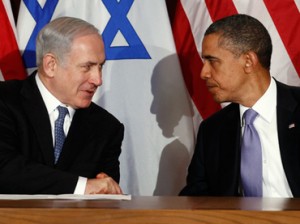
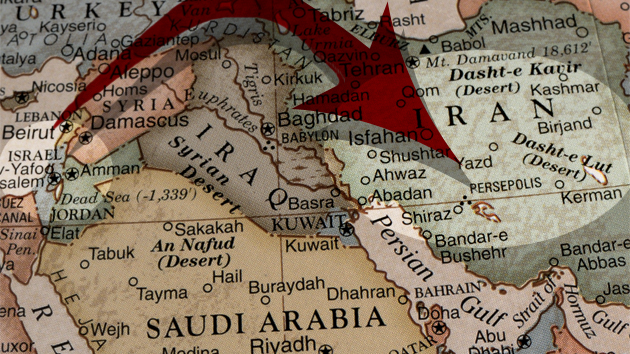

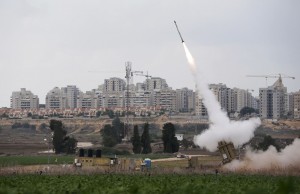
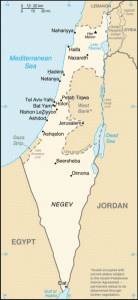


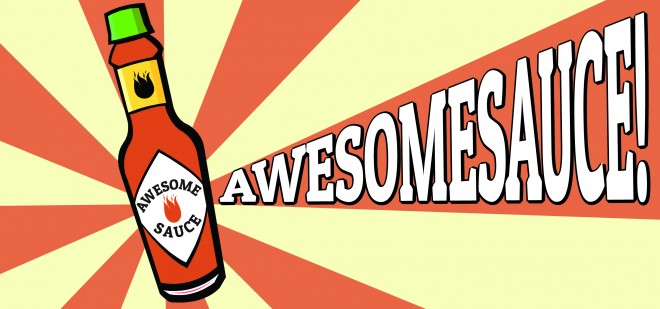

Comments